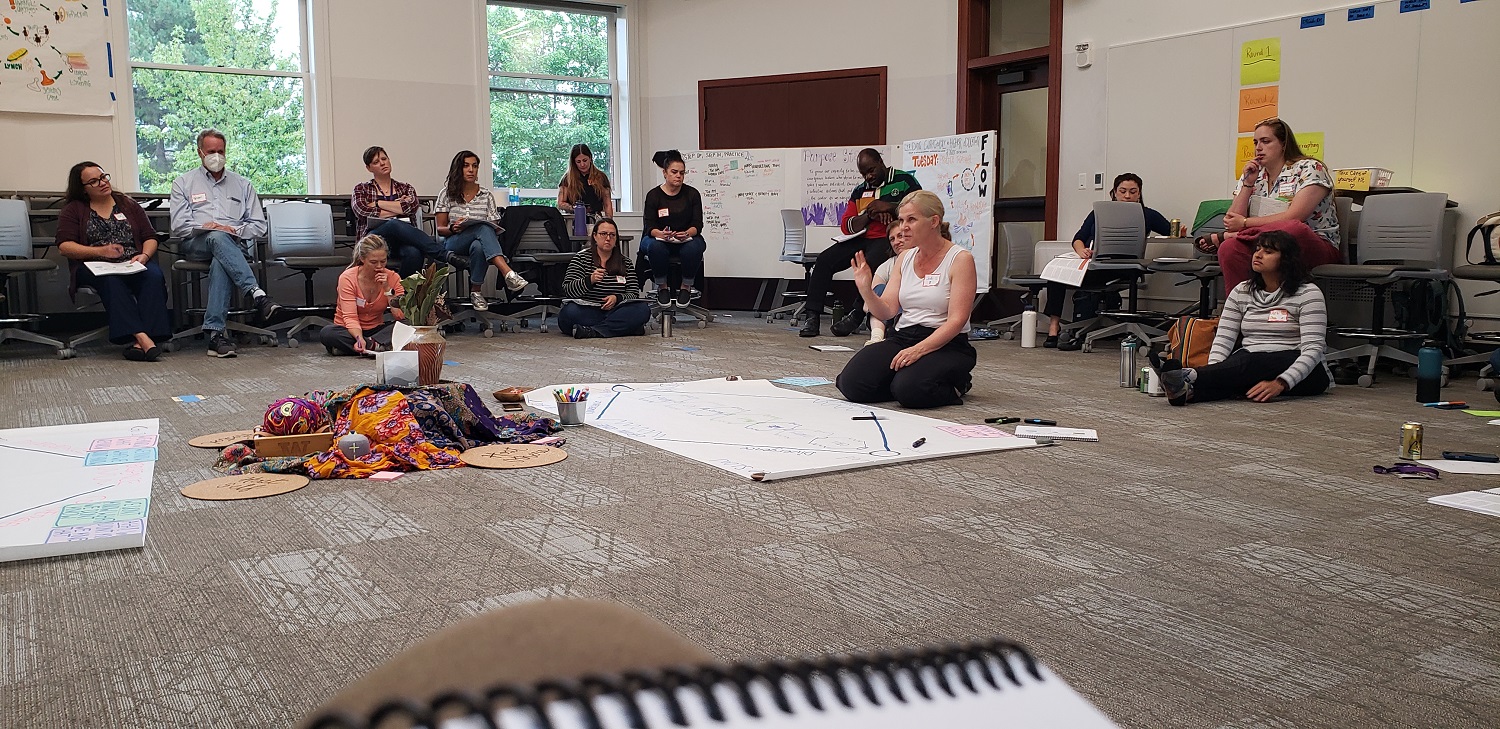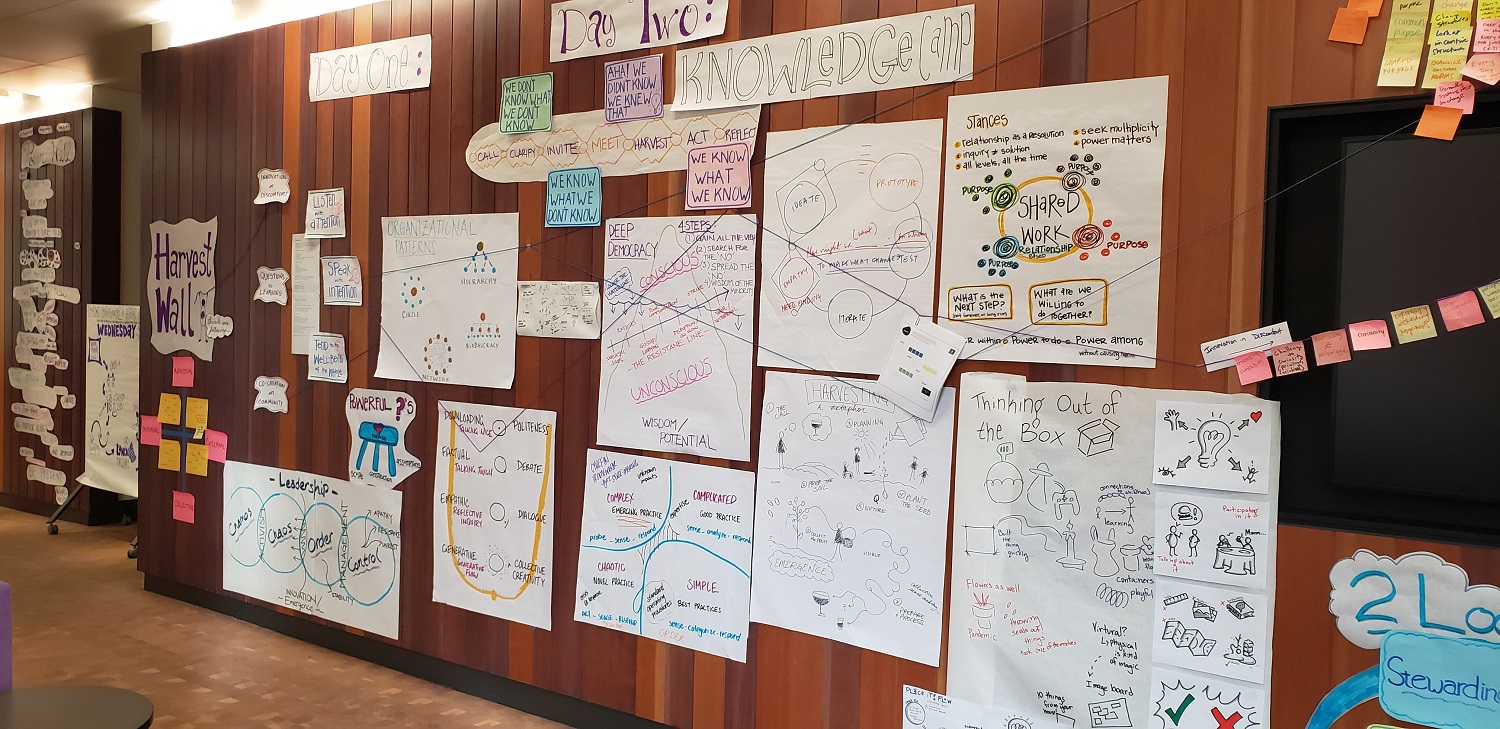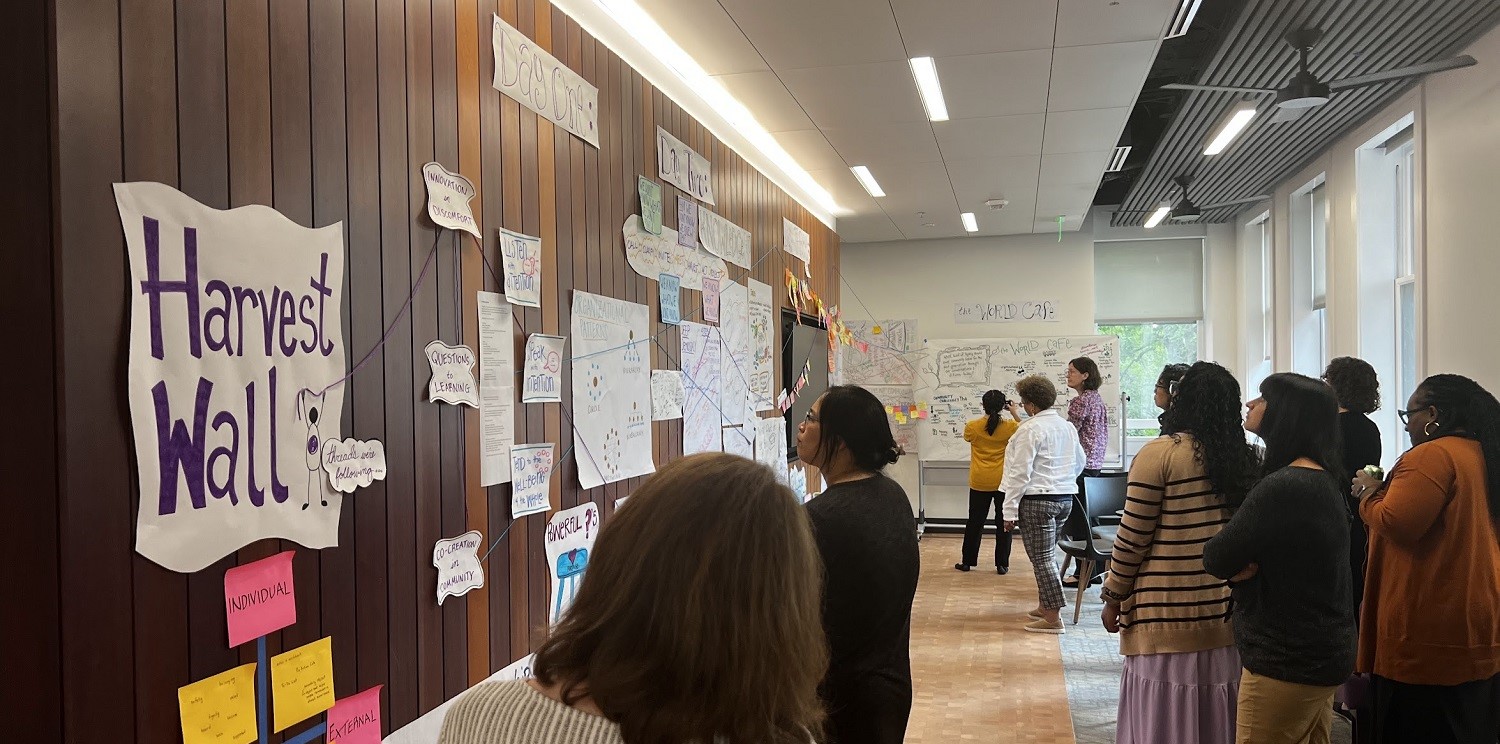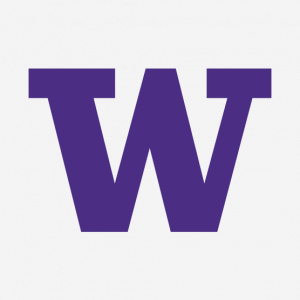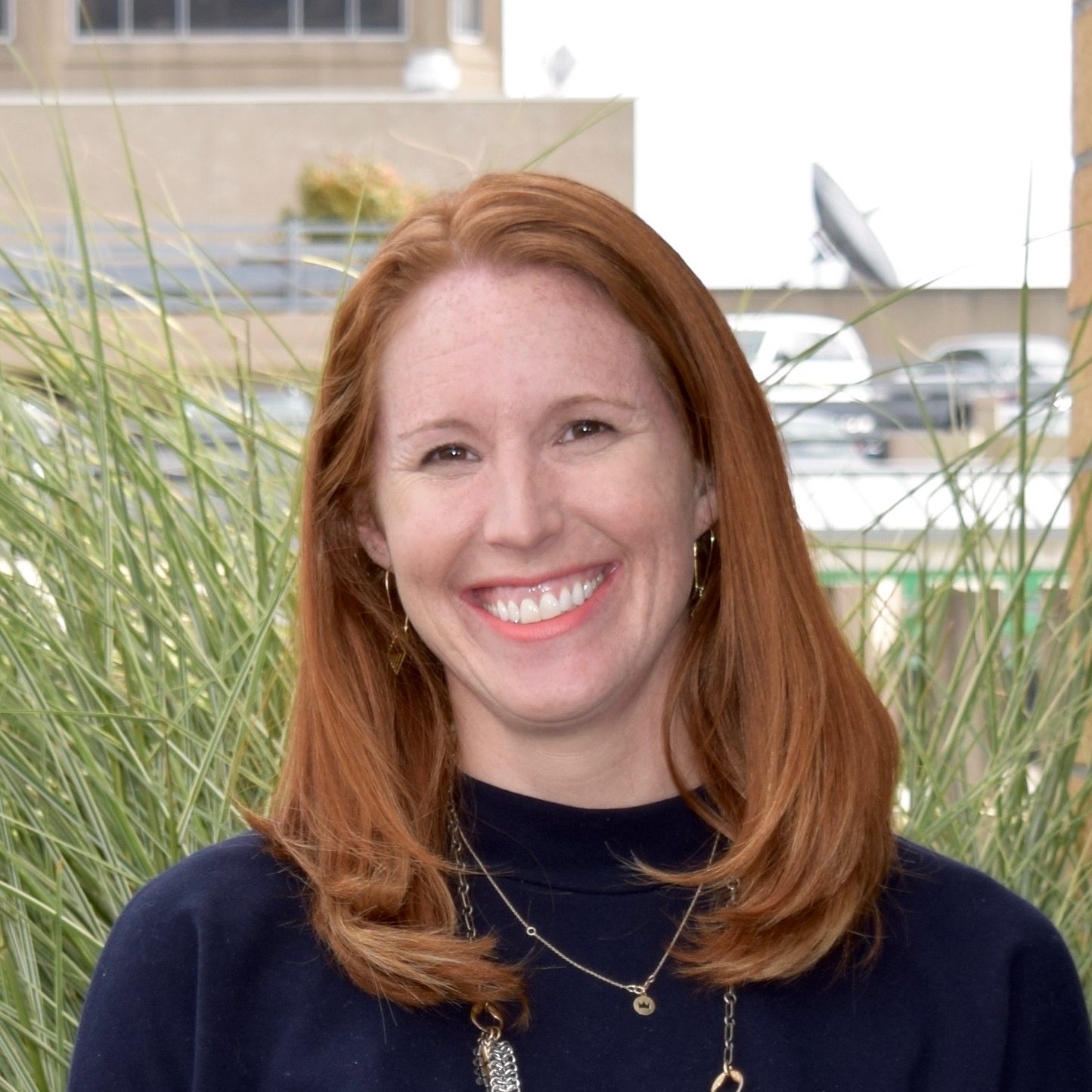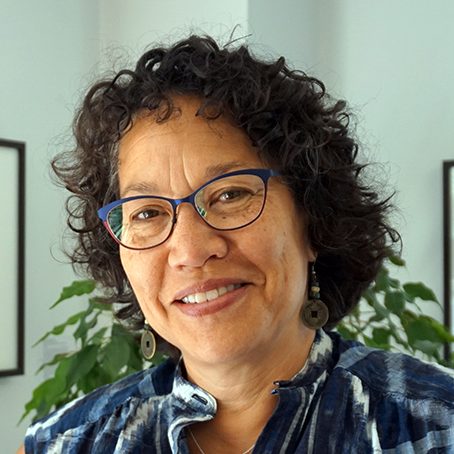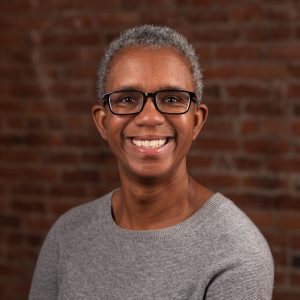Currently, Elizabeth is working on several grant funded projects including one that researches student outcomes in Community College Bachelor’s degrees with New America and an NSF funded project with Evans faculty Grant Blume looking at data use by community college faculty. Elizabeth also has a new NSF-funded research Hub entitled, Community College S-STEM Network (CCSN).
The Evans School took a few minutes to chat about her growing research program and connections to our community.
Evans School: Welcome! Before moving to talk about specific projects – tell us how you developed a passion for higher education policy research.
Elizabeth: Thank you for giving me the opportunity to share! I became interested in education as a Peace Corps volunteer in Bolivia. I got very close with my neighbor who was about 10-years-old at the time. He was one of six siblings and to help the family he would come cook dinner with me almost every night and we would send the dish back to his house. He taught me a lot and we started an extended conversation about how he could get out of the extreme poverty he was facing. Together, we came to the conclusion that getting a good education was his best path forward. When I returned to the U.S. this idea stuck with me and I started working at community colleges. I absolutely love community college students and their stories and worked for many years directly with students as an administrator and faculty member teaching Sociology. My research now focuses as much as possible on practical projects that can directly impact students.
Evans School: What do you see as the most significant opportunities and challenges facing community colleges in the Puget Sound region today?
Elizabeth: That’s a great question! With the pandemic the most immediate challenge has been around enrollment although there does seem to be an enrollment pick up now and we’ll have to watch how minoritized and other non-traditional students are returning. One big opportunity I see is with community college bachelor’s degree programs (CCB’s). Our region faces an Opportunity Mirage where we should be seeing lots of opportunities to get bachelor’s degrees in high demand areas like healthcare and IT but in reality, those programs at our university and regional public universities are capacity constrained or students may not be able to access them for a number of other reasons. This leaves community college students and returning students in a bind. They often can’t find the programs they want or they turn to for-profit entities. The opportunity to offer bachelor’s degrees has the potential to be a game changer for institutions and students.
Evans School: Your work exemplifies how scholars can use a range of research methods to explore pressing policy questions of the day. What has drawn you to mixed methods research?
Elizabeth: Many of the questions I am looking at are under researched so there is both a “what is happening?” and a “why is this happening?” component. I like to use quantitative and qualitative methods to answer as much as possible.
Evans School: Reflecting on our work to date, share with us two or three key insights into higher education that have emerged from your research program?
Elizabeth: I am now a nationally recognized expert on community college bachelor’s degree outcomes and when I started researching this topic no one really knew much about who takes up CCB degrees, why they do so, or what their outcomes are. My research (along with my excellent colleague and mentor Dr. Debra Bragg and others) has led to us discovering that CCB students look like other students at the community college in terms of demographics but are older, more likely to have dependents, and more likely to be veterans than community college transfer students. So, this is really a different population of students that are entering CCB programs and thus, these programs are extending educational opportunities. We’ve also found that CCB students have similar employment outcomes to students who attend a regional public university in a similar degree program.
Evans School: Tell us about your new NSF-funded project.
Elizabeth: That is going to be a great project and I’m excited to share it with you. I’m a Co-PI working with PI Michelle Van Noy from Rutgers, and others from the University of Southern Florida, the Foundation for California Community Colleges as well as colleagues from community colleges including Everett Community College. Essentially, the National Science Foundation has a large grant program called S-STEM where they provide funding to STEM students directly for scholarships, and also funding for colleges to enhance STEM completion through efforts like mentoring, tutoring, or specialized advising among many others. We have won a “Research Hub” to bring together what is known about community college student decision making processes in STEM. I’ll be leading an effort to do a systematic review about what is known about S-STEM in community colleges. The Hub as a whole has lots of components including building a nation-wide learning community so it will be a great opportunity for Evans scholars to become more involved with the community college world.
Evans School: We are excited to have your voice and work contributing to our community – thanks for meeting up to talk!
Elizabeth: Thanks so much! I’d love to share more and learn more about how my work might overlap with others at Evans! I joined just as the pandemic was getting started and work mostly remotely from my home on the Eastside so I don’t know as many people at Evans as I would like, please reach out if you’d like to talk!
